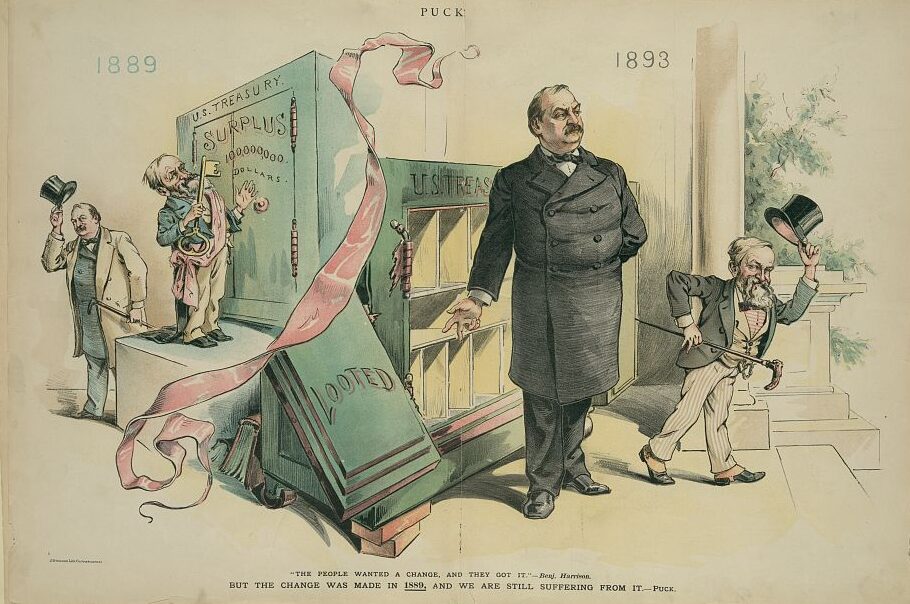Meng Zhang is an assistant professor of history at Vanderbilt University. She lives in Nashville, Tennessee, and has been a member since 2016.

Twitter: @MZhang_econhist
Alma maters: BA (economics), Peking University, 2010; PhD (history), UCLA, 2017
Fields of interest: economic, environmental, global capitalism, material culture, East and Southeast Asia
Describe your career path. What led you to where you are today?
I grew up in China and went to Peking University for undergrad, where I studied finance and statistics. My career goal was originally to go into the financial industry like most of my classmates. But that completely changed after I did some research assistant jobs for a professor in economics who was developing a history-oriented project. I discovered that economic history was so much fun and that the disciplinary gap between history and economics means that there are so many interesting and important works left undone. I thought that could be the niche for me and went on to pursue a PhD in history. Formally trained in both history and economics, I grapple with several tensions in my research—the tension between economics and history, between economic history and cultural history, and between Western and non-Western history. These tensions are simultaneously historiographical and epistemological and have continued to shape and reshape the field. The attempt to blur the dichotomies and hold divergent orientations in fruitful tension has been a persistent drive of my research.
What projects are you currently working on?
The thematic anchor of my research has been historical resource use, management, and circulation. My first book, Timber and Forestry in Qing China (Univ. of Washington Press, 2021), examines the practices of forestry and trade that sustained the supply of timber from China’s southwestern frontiers to its coastal urban centers from 1700 to 1900.
My current project, “Swiftlets and Capital,” follows the social life of edible bird’s nests, which are made from the hardened saliva of a rare species of cave-nesting swiftlets. During the 16th to 19th centuries, this exotica from Southeast Asia transformed into a luxurious delicacy and medical elixir extolled by elite Chinese consumers, both within China and in the diaspora. “Swiftlets and Capital” continues my interest in market-nature interactions. At the same time, it delves further into the transnational dynamics of value creation and accumulation, which demands a comprehensive view of the interactions of many moving parts in an emerging global system using sources of multiple languages.
Another long-term project examines the spread of foreign debt in non-Western regions as an instrument of public finance and the political-economic debates surrounding it in tandem with the global expansion of imperialism and capitalism in the long 19th century.
Have your interests evolved since graduation? If so, how?
As I develop the second project on edible bird’s nests, I welcome the challenge to broaden my subfields of specialty from Chinese economic and environmental history to material culture, history of medicine, and maritime Asia.
What do you value most about the history discipline?
History gives me the horizon to put my own life and our contemporary world into perspective.
Why is membership in the AHA important to you?
Diversity. I like to be constantly amazed by the research in very different geographic and thematic fields than my own.
AHA members are involved in all fields of history, with wide-ranging specializations, interests, and areas of employment. To recognize our talented and eclectic membership, Perspectives Daily features a regular AHA Member Spotlight series.
This work is licensed under a Creative Commons Attribution-NonCommercial-NoDerivatives 4.0 International License. Attribution must provide author name, article title, Perspectives on History, date of publication, and a link to this page. This license applies only to the article, not to text or images used here by permission.


